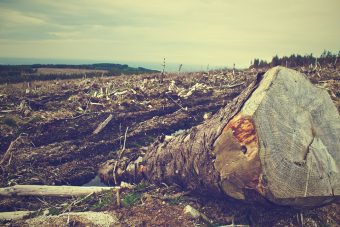
The United Nations Office for Disaster Risk Reduction (UNISDR) has warned that wildfires could become more frequent and more destructive as global temperatures rise and drought conditions plague many regions of the world.
“Last year was the hottest year on record and was above average for the number of reported major droughts and heatwaves. This year we are seeing a similar pattern with new temperature records being set on a monthly basis,” UNISDR chief Robert Glasser said yesterday in a news release issued by the Office.
He noted that a number of risk factors, such as lack of forest management, growth of urban areas in proximity to forests and human induced fires need to be addressed by disaster management authorities.
“The most frightening scenario is when major towns are threatened as we have seen this week in the case of Funchal and Marseille,” the senior UN official added.
According to UNISDR, firefighters on the Portuguese island of Madeira continue to battle wildfires that have reached Funchal, the island’s largest city, killing three people and destroying over 150 homes. The Government has also sought help to deal with nearly 200 fires on the mainland.
Similarly, Around 2,000 firefighters have been battling 8,000 acres of wildfires in the French region of Provence. More than 10,000 people have been evacuated from the Rhone river delta area which has been affected by drought, and there had been concerns that one of the blazes was close to Marseille which houses a number of petrochemical plants.
The fires are now reportedly under control but a high state of alert is being maintained.
Meanwhile, wildfires continue to wreak havoc in Spain. Some seven per cent of the La Palma island, part of the country’s Canary Islands was “devoured” by a wildfire and wildfires have also spread across 9,120 acres of land in the northern Spanish region of Galicia, reported UNISDR.
Additionally, UNISDR said that the Soberanes fire in northern California, near the Big Sur region, is now 50 per cent contained after growing to more than 67,000 acres. Some 4,800 firefighters have been deployed but 57 homes have been destroyed.
The wildfire in the United States was caused by an illegal unattended campfire, added the press release.
UNISDR also said that according to its Global Assessment Report, published in 2013, wildfires have a devastating impact on natural capital that has not be adequately accounted for, noting “Fires affect numerous ecosystem services including carbon storage, support to biodiversity, protection of water sources, reduction of soil erosion and land degradation and climate regulation.”
It stated that such fires may be leading to a loss of ecosystem services in the range of $146 to $191 billion per year.
Source: un.org


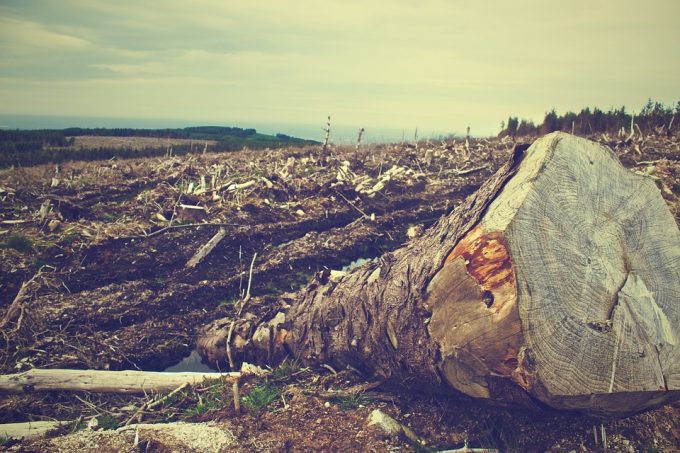

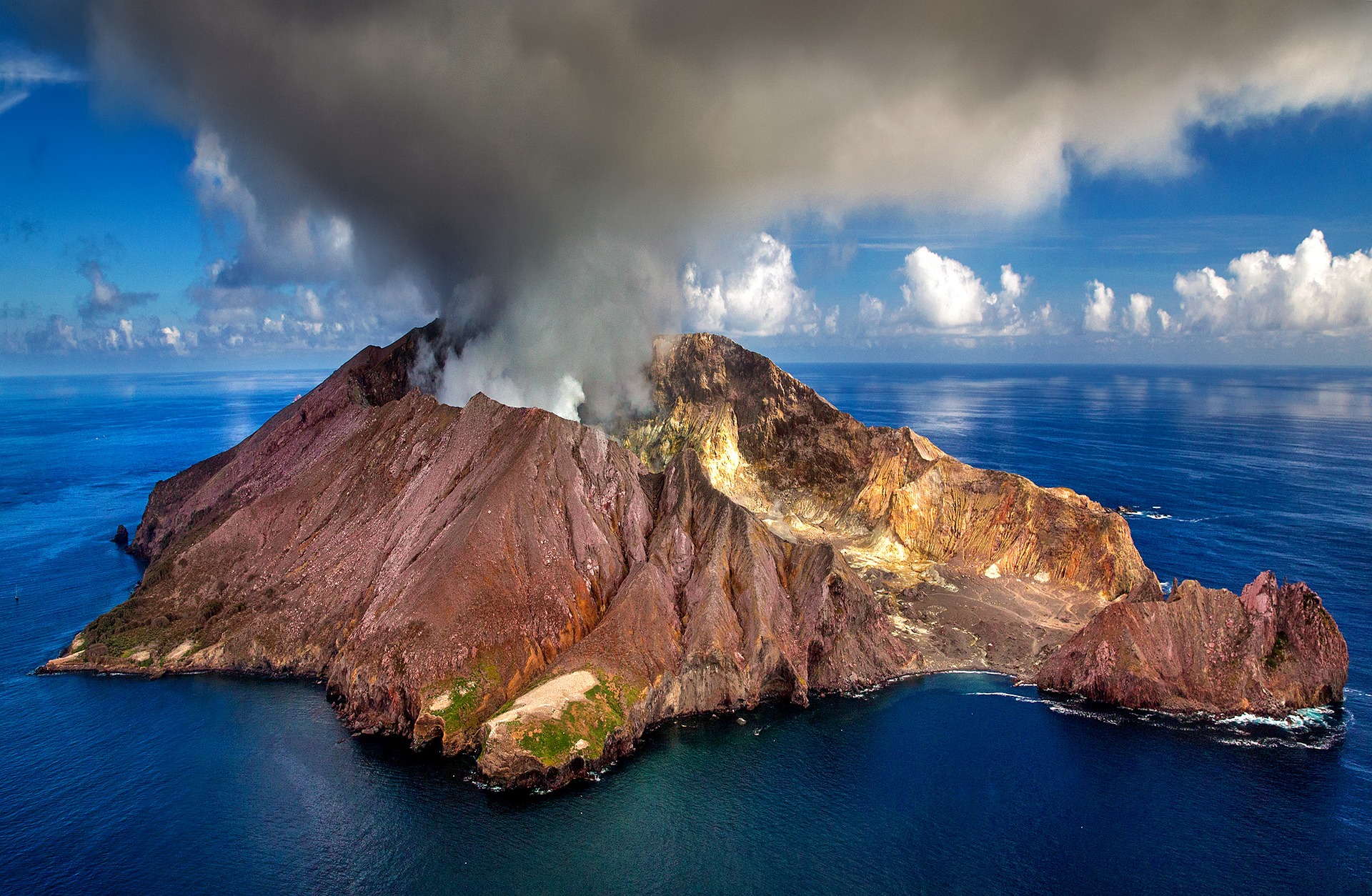
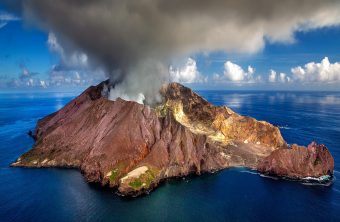
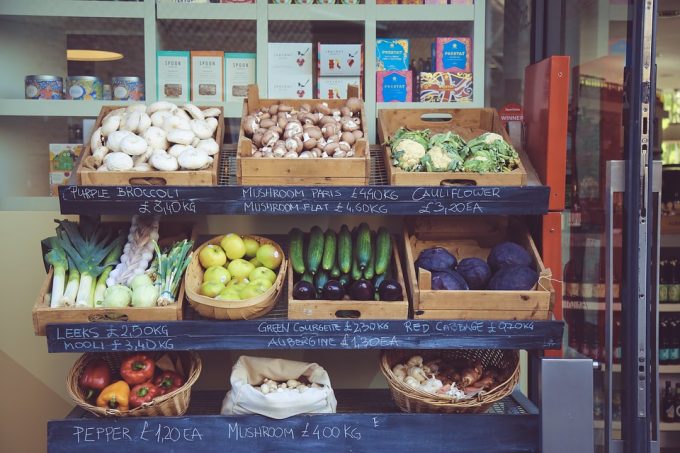
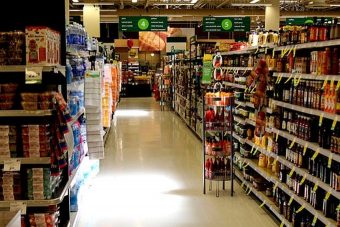


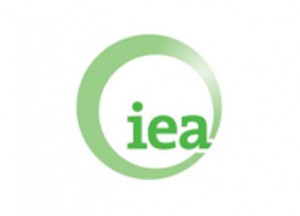
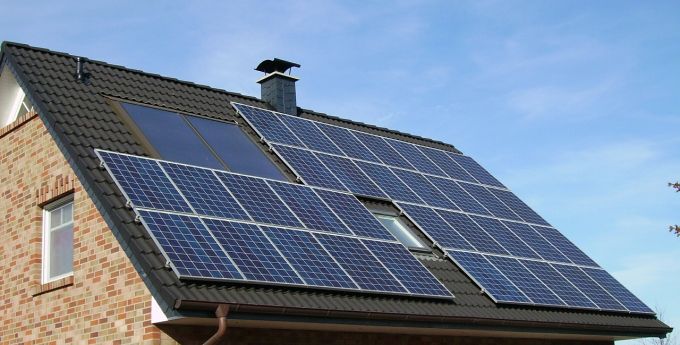
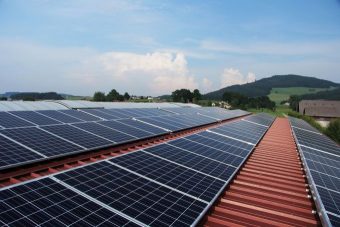


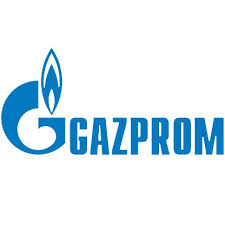

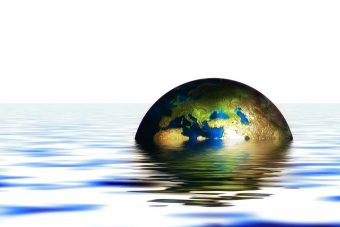

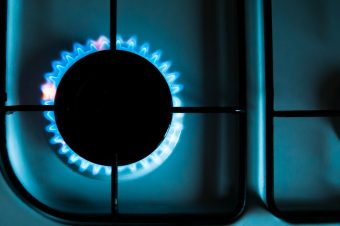
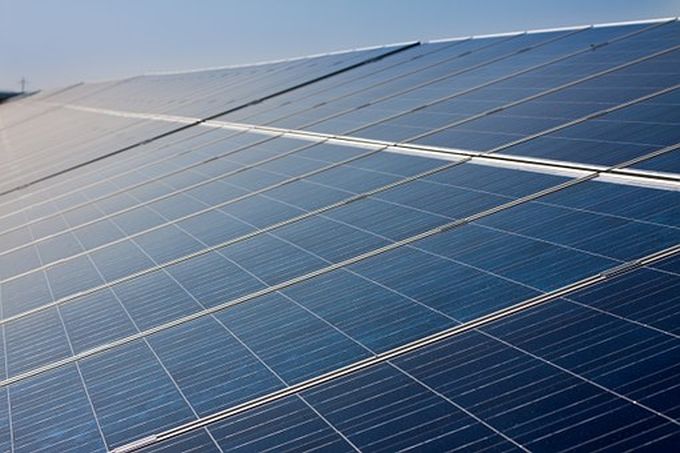
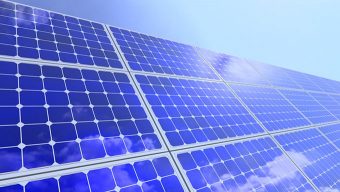
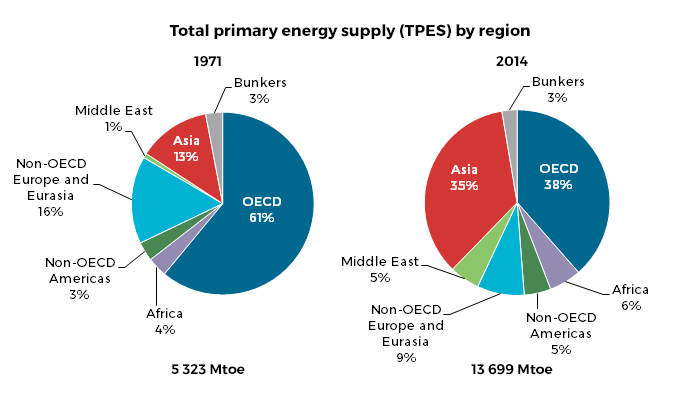
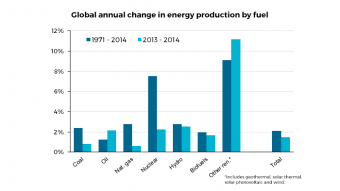 Reflecting the IEA’s increasingly global perspective, for the first time the Agency’s OECD and non-OECD Energy Balances and Statistics reports have been merged into two comprehensive global reports on energy data. World energy Balances and World Energy Statistics will contain detailed data on over 150 countries and regions and will be released in full at the end of August 2016.
Reflecting the IEA’s increasingly global perspective, for the first time the Agency’s OECD and non-OECD Energy Balances and Statistics reports have been merged into two comprehensive global reports on energy data. World energy Balances and World Energy Statistics will contain detailed data on over 150 countries and regions and will be released in full at the end of August 2016.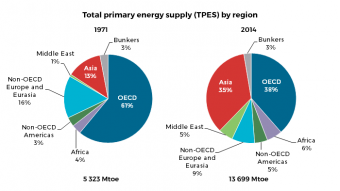 The reports also highlight the significant changes in regional energy demand that have taken place over the past 40 years. In 1971 OECD (including Japan and Korea) and the rest of Asia (including China) together accounted for almost three quarters of energy usage, with OECD demand four times greater than that of Asia. Yet while the combined energy share of these regions remained at around three quarters of the global total in 2014, the proportions changed drastically; OECD and Asia became broadly comparable, at 38% and 35% respectively.
The reports also highlight the significant changes in regional energy demand that have taken place over the past 40 years. In 1971 OECD (including Japan and Korea) and the rest of Asia (including China) together accounted for almost three quarters of energy usage, with OECD demand four times greater than that of Asia. Yet while the combined energy share of these regions remained at around three quarters of the global total in 2014, the proportions changed drastically; OECD and Asia became broadly comparable, at 38% and 35% respectively.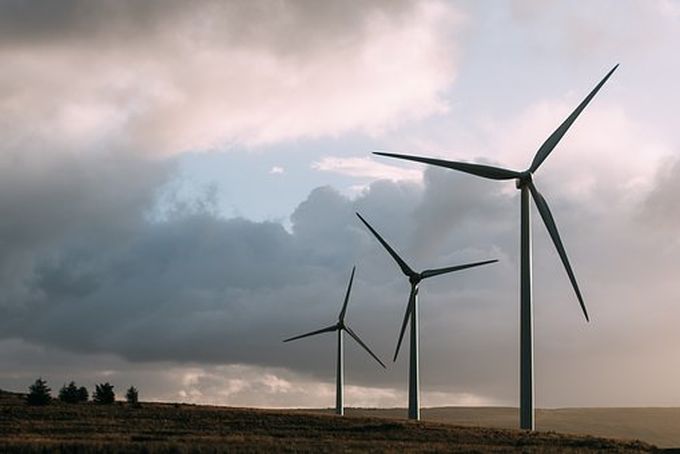
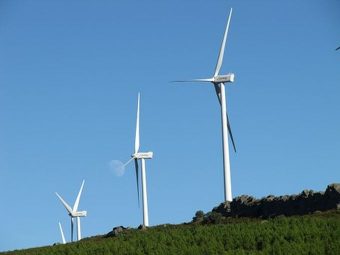
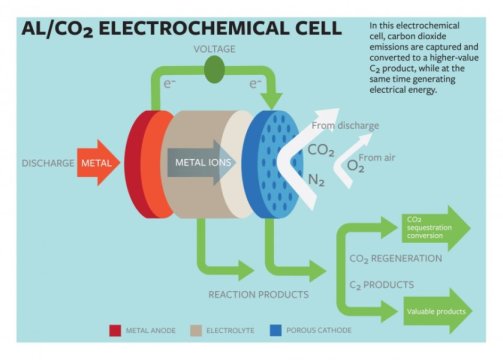
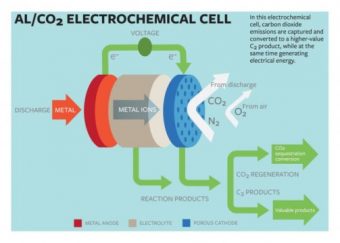 While the human race will always leave its carbon footprint on the Earth, it must continue to find ways to lessen the impact of its fossil fuel consumption.
While the human race will always leave its carbon footprint on the Earth, it must continue to find ways to lessen the impact of its fossil fuel consumption.
